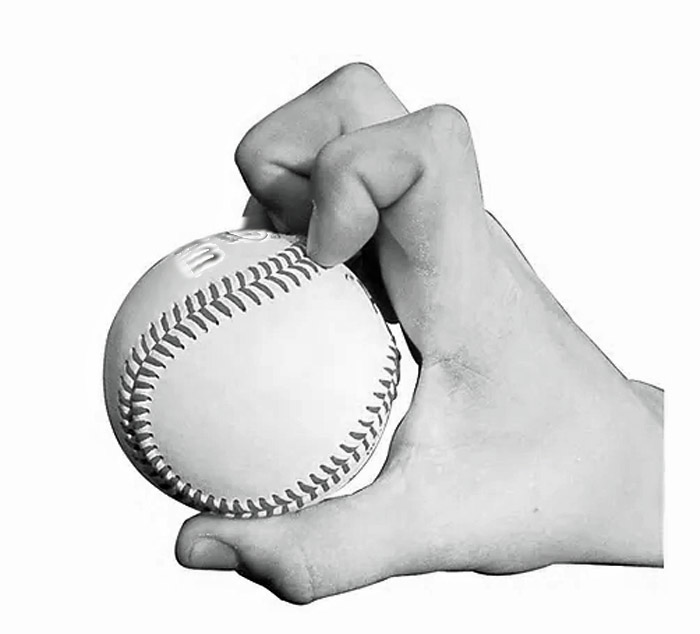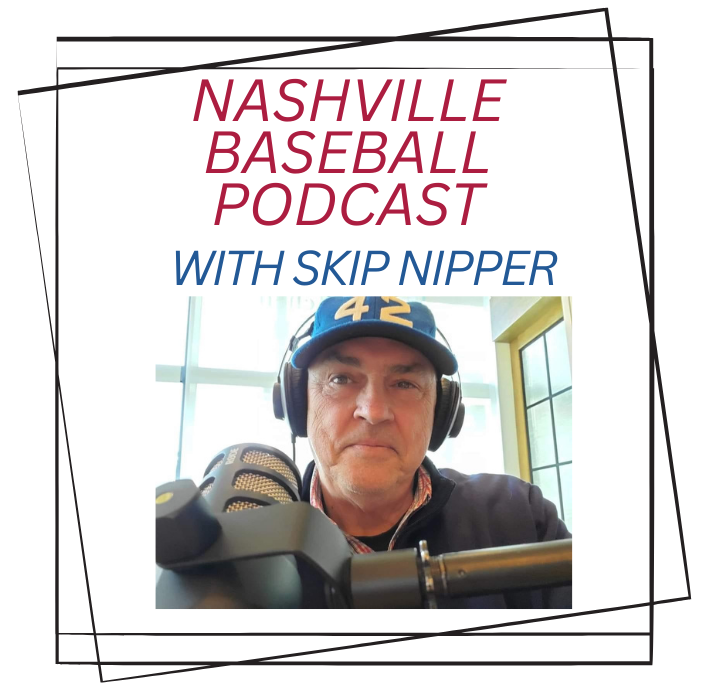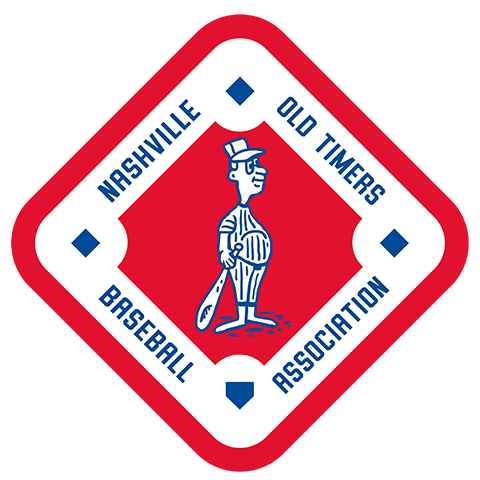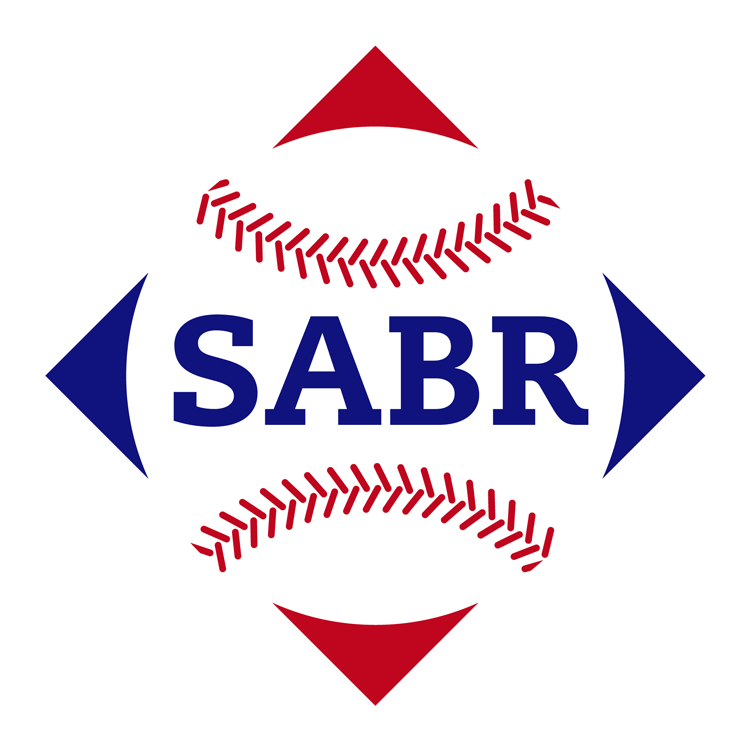
After a week of exciting play in the SEC tournament in Hoover, Alabama, I enjoyed watching the NCAA Regional tournament games last week and am looking forward to the College World Series. I am amazed at how fast some college pitchers can throw a baseball and how many pitches they throw.
One pitch I have not seen in college play is the knuckleball, which fascinates fans but frustrates batters and, indeed, the players behind the plate who have to catch the elusive pitch.
As kids, we used to try tossing knuckleballs in the backyard, sometimes in Little League practice, but never in a game, as far as I can remember. Some guys could almost effortlessly position their fingers just right, sometimes with fingernails dug in, and float a knuckler that was hard to catch if one was not expecting it.
I read the scientific definition that says that if you throw a baseball at the right speed with just a tiny bit of spin, the ball—and its famous red seams—rotates only slightly. This slight rotation of the seams causes the ball to lose its stable lift. When the lift becomes unsteady, the ball lurches wackily. In that definition, that’s a knuckleball!
I have seen videos of knuckleballs with little or no rotation, so I don’t think that definition fits.
As that pitch came to mind this week, I wondered how many players called it “their pitch.” Two years ago, David Adler, writing on mlb.com, picked the top 10, and here are his choices beginninng with number ten:
- Tom Candiotti, with Cleveland and the Dodgers
- Joe Niekro, much of his success was with the Astros
- Dutch Leonard, an All-Star with Washington back in the day
- Wilbur Wood of Cubs and White Sox fame
- Ed Cicotte, but he was one of the Black Sox players banned from baseball
- R. A. Dickey, we’ll come back to him in a minute
- Charlie Hough with the Dodgers and Rangers, who R. A. gives much credit for helping to learn the pitch
- Tim Wakefield, of Red Sox fame, another who R. A. speaks about
- Hoyt Wilhelm pitched for about nine or ten teams in his career and was a Hall of Famer
- Phil Niekro, also a Hall of Famer but the only knuckler who is a member of the 300-win and 3,000-strikeout club
My research has revealed that 32 more major league pitchers were known for calling the knuckleball their “go-to” pitch. But as you know, I like to write about Nashville connections. Do any of them have a connection to Music City baseball?
One, who you probably have yet to hear of, is Johnny Niggeling. He began the 1933 season here at Sulphur Dell with the Vols, going 2-1 in 14 innings before eventually moving up to Kansas City in the American Association.
Here’s a bit of trivia for you: Do you remember me saying the name “Dutch Leonard,” writer David Adler’s eighth-best knuckleball pitcher of all time? Niggeling was his teammate on the Washington Senators in 1944 when the Senator’s rotation remarkably featured four knuckleballers: Leonard, Roger Wolff, Johnny Niggeling, and Mickey Haefner.
Niggeling is the only player I can find who threw a knuckleball and played for the Nashville Vols. If you know of another, let me know because I love to be corrected. Yes, some of the 32 I came up with played in Nashville, but for other teams. I did not count those who played for other Southern Association teams.
However, two of the most famous knuckleballers, two of whom are in Adler’s article, have Nashville connections.
Yes, R. A. Dickey is one. He was born in Nashville on October 29, 1974. But there is more to his connection to Nashville.
After nine seasons in pro baseball and four stints with the Texas Rangers, he signed with the Milwaukee Brewers, who sent him to Nashville in 2007 to play for the Sounds. And he was successful, too, ending the year with a 13-6 record. But he was declared a free agent after the season, and he began working on his knuckleball with Seattle and Minnesota before finding it worked for him. With the New York Mets and two mediocre seasons in 2010 and 2011, he found his rhythm in 2012, good enough to win the National League Cy Young Award with a 20-6 record and 2.73 ERA.
Pretty good.
We will remember him as one of Nashville’s favorite baseball sons.
The other knuckler with a Nashville connection is Hoyt Wilhelm. After his pitching career was over, he became a coach with, you guessed it, the Nashville Sounds for two seasons in 1982 and 1983.
Yes, he became a Hall of Famer, but his credentials over a 2-year major league career are terrific. Get this:
Wilhelm made his Major League debut when he was 29 years old. But he pitched until he was nearly 50, becoming one of baseball’s first great relievers. Wilhelm was the first player to pitch 1,000 games, and the first to reach 200 career saves. He was the all-time leader in both categories when he retired, and he’s still the all-time leader in wins by a reliever, with 124. Wilhelm was an eight-time All-Star, won two ERA titles, the 1954 World Series with the Giants, and pitched a no-hitter against the Yankees in 1958. He finished his career with 143 wins, 228 saves, and a 2.52 ERA.
Here’s something else you probably did not know: when he first started in the minors, his baseball career was put on hold when he entered military service with the Army at Camp Croft, South Carolina, in November 1942pitched and played first base for the 393rd and later the 395th Infantry Regiment in 1943 and 1944, at Camp Maxey, Texas, helping the 395th clinch the 99th Infantry Division championship in 1944.
The 99th Infantry Division sailed for England in September 1944 and arrived in France in November. Staff Sergeant Wilhelm fought with the 395th and was awarded the Purple Heart for wounds received during the Battle of the Bulge.
Once his pitching career was over, he became a coach with, you guessed it, the Nashville Sounds for three seasons in 1982, 1983, and 1984, where some of his star pitchers were Stefan Weaver, Clay Christiansen, Tim Burke, Jamie Werly, and Bob Tewksbury, who was not a knuckleballer but was a changeup artist. I will bet Wilhelm had something to do with his career, too.
And what year was Wilhelm chosen for Baseball’s Hall of Fame? In 1985, the season after his coaching job with the Nashville Sounds ended.
Want to hear my podcast about Nashville’s knuckleballers? Click here: Nashville Baseball History Podcast
© 2024 by Skip Nipper. All Rights Reserved.



